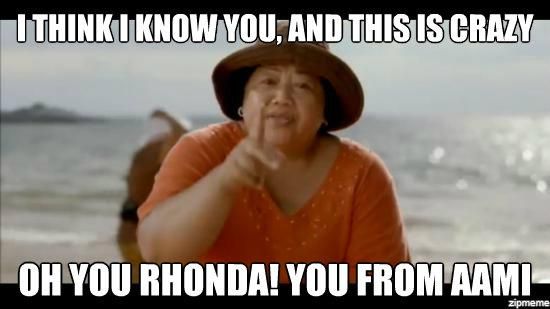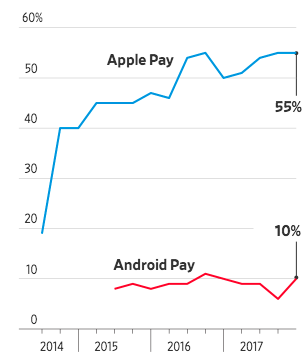
I know this has been a largely discussed topic this semester in our digital marketing unit so I wouldn’t normally have decided to talk about Chatbot’s, AI and live chats – but only two days ago I had my own experience with a live online support chat system and it’s got me thinking.
Now just to clarify the difference – a Chatbot is a service powered by company to interact with customers in a functional manner to solve issues (they use accumulated data to do so) and live chat is when there is another human on the other end of the chat who can think and engage with the consumer personally.
I’ve had a few experiences with live chats and Chatbots (thanks to most organisations jumping on this trend, and Wags who took out the pain of student evaluations and used Hubert the digital marketing Chatbot instead). I have personally found most of my Chatbot experiences to be fairly tedious and time consuming, because I can never get a straight answer. And I find my live chat encounters are more effective. BUT I’m unsure as of yet if I prefer a live chat with someone online or a Chatbot.

While Chatbot’s ultimate utility is to save a person/company’s budget and time, it takes away the effect of personal B2C interaction and businesses need to spend a lot of time initially to set up a Chatbot that will cater everyone’s needs – particularly in the initial trials of a Chatbot with real consumers, the Chatbot (like any human) learns on the job – so why are Chatbots better than merely just old fashioned human interaction? Oh wait we’re in the 21st Century, all interaction is digital now whoops!!!
Chatbots can be valuable for multiple reasons:
- Cheaper than having employees to live chat
- Faster response time
- Unlimited amounts of time and chats to be had
BUT Chatbots aren’t nearly as good as humans…yet:
- Chatbots need exact questions in order to be responsive
- They need specific spelling and words to understand the consumer
These two issues alone can cause multiple problems for consumers.
SO, given customer support for company’s needs to keep up with emerging technologies and communicative platforms and apparently Chatbots are the future, and the future is NOW (how cheesy). But to be honest, I think I’m leaning more towards live chat – and here’s why: I’m talking to a human who possesses empathy! SIMPLE

Live chat’s can help in FAR more detail than a Chatbot can and the quality of conversation is marginally better. 79% of consumers say they prefer live chat functions.
So maybe I’m just old fashioned, or maybe I’m just too lazy to give Chatbot’s a chance – but to be honest right now I’m not that interested in them, maybe in 2030 when they’re more advanced I will be.
My question to you is – would you prefer talking to an online live chat support or a Chatbot to solve an issue you had?









 Booking.com; all of these sites have created a much easier booking process for us on all fronts.
Booking.com; all of these sites have created a much easier booking process for us on all fronts.










